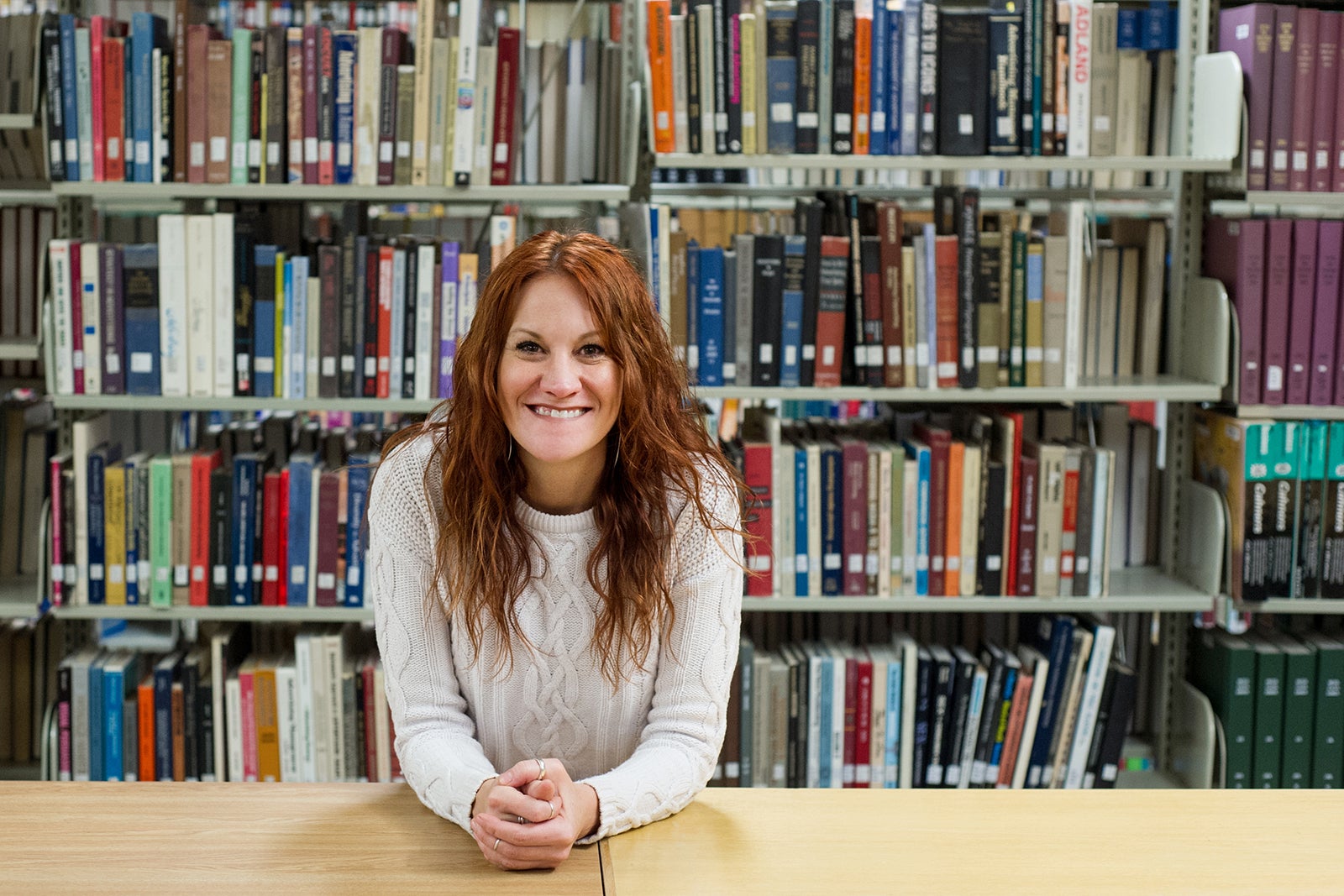
Jill M. Chonody, professor and Master of Social Work program coordinator in the School of Social Work published “I’m Not Old, Just Aging” in Common Ground Research Networks. Chonody’s co-authors include Barbra Teater, professor at the City University of New York, Donna Wang, professor and Bachelor of Social Work program director at Springfield College, along with three Boise State Master of Social Work students.
This study investigated the thoughts of being old and what that means for approximately 475 participants, ranging from 55 to 81 years old. Most of the participants said they did not feel old, with the most common reason being that they are still active and engaged in the community. For those who did feel old, most felt that their chronological age made them feel old, regardless of other factors.
Looking at the seven different categories for feeling or not feeling old, and how the majority of participants described each answer allows researchers to understand what makes people identify as old or not.
For not feeling old, most responses were about health, activity, and how they act. Participants didn’t identify as being old when they had full, active lifestyles and could still do the things they enjoy without complications. It also helped when they spent time with younger people such as grandchildren, and when they weren’t treated elderly by society. Other responses included being in good health, not looking old and having more time to do what they enjoy.
When participants did feel old, the most common reason was their chronological age, and how being past a threshold made them think of themselves as old. Another major factor was health complications, with many respondents specifically mentioning memory issues as a factor in feeling old. Others said having to change habits and activities, how they were treated by others and the ‘face in the mirror’ all contributed to how they felt about themselves.
The researchers advocate that reframing how our society treats aging and the beliefs around it can help people who are transitioning to their later years of life feel more supported and at peace with aging. Moving away from policies using chronological age to determine healthcare and wellness benefits would ensure that only those who are in need receive them, and improve societal stigma around being old. This research concluded that age is not what makes people feel old, but rather how they live day-to-day and how they are treated in society, and that being old is not a bad thing full of loss and pain, but a new opportunity for growth and acceptance.